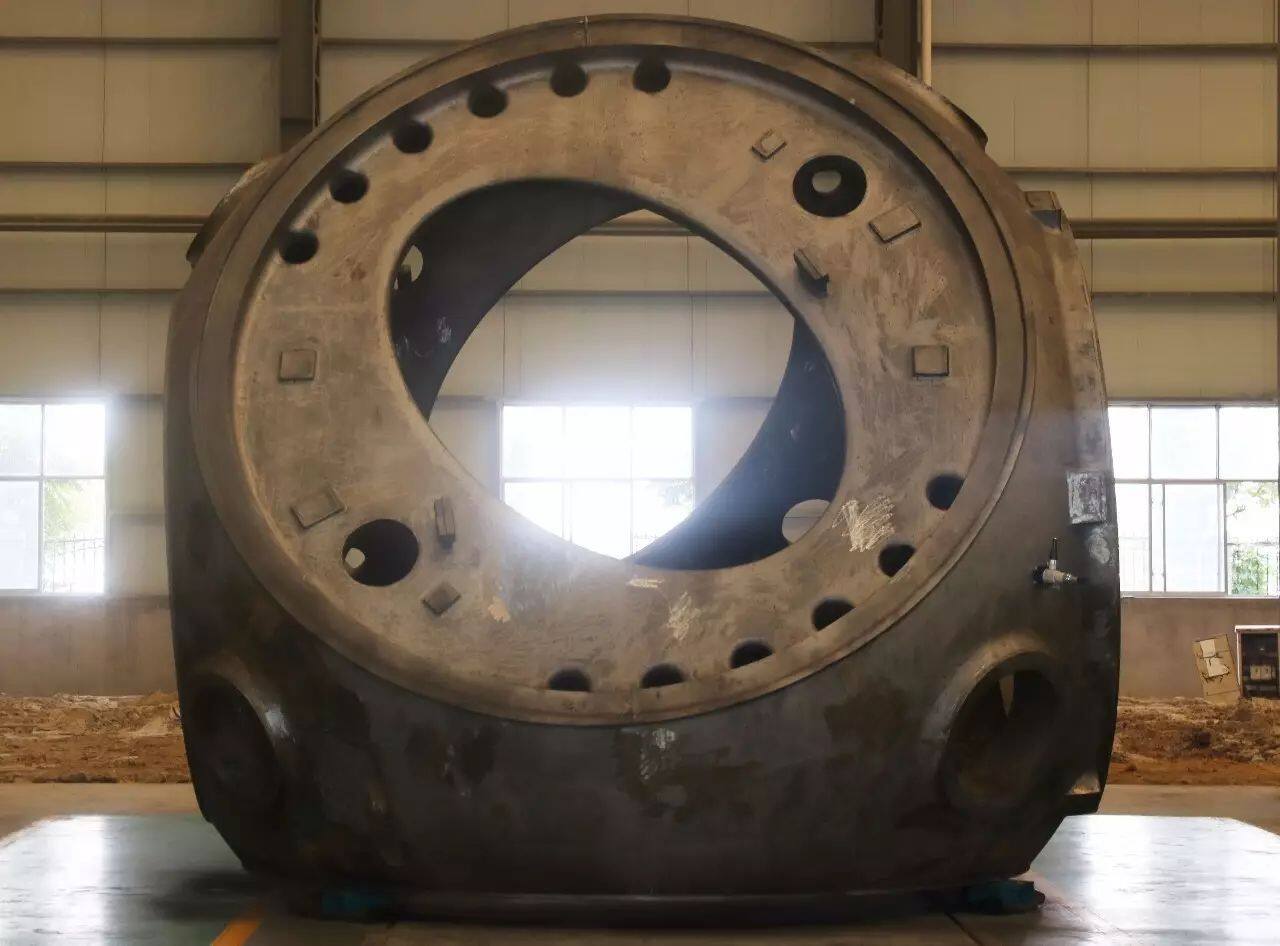Gwall fformat e-bost
emailCannotEmpty
emailDoesExist
pwdLetterLimtTip
inconsistentPwd
pwdLetterLimtTip
inconsistentPwd

Newyddion
How to Solve the Problem of White Cast Iron with High Processing Hardness?(2)
Solutions to white cast iron defects in inoculated cast iron
The function of inoculation treatment is to promote graphitization, reduce the tendency of white mouth, improve the uniformity of cross-section, control the morphology of graphite, and reduce the formation of eutectic graphite and symbiotic ferrite, to obtain medium-sized A-type graphite. Properly increase the number of eutectic clusters and promote the formation of fine lamellar pearlite, to improve the mechanical properties and other properties of cast iron.

- Given the scrapping of products with high hardness caused by the chemical composition of molten iron, the measures taken are: adjust the ingredients, such as increasing the amount of pig iron if the carbon-silicon equivalent is small; Add alloy, such as adding ferrosilicon after the furnace and increasing the inoculation amount of ferrosilicon before the furnace; If the amount of manganese is high, reduce the amount of manganese, but the amount of manganese should not be too low; Because too low content will not be conducive to eliminating the anti graphitization effect of harmful element sulfur. At the same time, the sulfur content should be strictly controlled to check whether there are other anti-graphitization elements in molten iron, such as chromium, vanadium, molybdenum, etc; Because these elements are not often tested, they are easy to be ignored, and their content should also be controlled within the required range.
In short, ensuring that the chemical composition is within the standard range of the specified brand will be conducive to the control of hardness; At the same time, when the composition is guaranteed, adding% copper is beneficial to reducing the hardness of castings.
Given the causes of molten iron smelting quality, the following measures are taken: adjust the air volume, carry out oxygen enriched air supply, increase the hot air temperature, keep the tuyere unblocked at any time, increase the consumption of coke, reduce the use of too fine and seriously oxidized raw materials, and other corresponding measures to improve the molten iron temperature, to ensure the smelting quality;
At the same time, the forehearth increases the primary inoculation of ferrosilicon to improve the quality of molten iron. However, due to the influence of heredity, two foundries in Southwest China have contradictions in reducing production costs and ensuring casting quality; There have been practices of increasing the amount of returned material, but due to the high hardness of returned material, the product material is hard and the processing is difficult. Later, at the suggestion of the author, measures were taken to reduce the amount of this kind of reheating material, change to other low hardness reheating materials, or use the low hardness reheating materials with high hardness reheating materials, which reduced the hardness defects caused by genetic reasons and produced high-quality sand castings.
- The hardness of the mold is too high due to strong heat transfer. The measures that can be taken are to improve the quality of sand mixing, grinding, and molding. At the same time, to prevent the surface oxidation of molten iron from causing quenching, increasing the amount of pulverized coal will be very beneficial; For example, add 3% for dry molding sand and 5% for green molding sand. For the reason that the cooling time of the casting in the mold is too short, the cooling time of the casting in the mold can be appropriately extended; If the castings have been desanded too early, they should be covered with dry sand for cooling; Thus reducing its hardness.
At the same time, the temperature control of molten iron pouring is also very important; The pouring temperature of different products varies, but there is a minimum pouring temperature. If the molten iron temperature is too low to be poured due to equipment failure or other reasons, do not force pouring; If forced pouring, it will not only cause defects with high hardness but also other defects such as pores, shrinkage cavities, porosity, and slag inclusions. Moreover, when pouring molten iron at qualified temperature, the idea of "pouring small products first and then large products" should be implemented.
For castings with high hardness, high-temperature graphitization annealing can be adopted. At the temperature of 920~950 ℃, carburization will decompose, to reduce the hardness and ensure qualified mechanical properties.
Make a purchase of restoring cast iron, lava cast iron, cast iron comal from China, you can get them at a good price if you have a large quantity. We hope to be your long-term partner.

